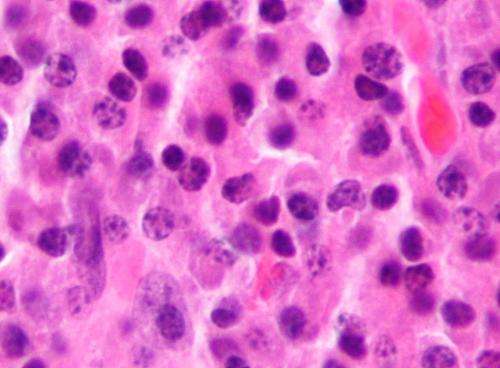Innovative Minimally Invasive Treatment Alleviates Knee Osteoarthritis Pain

A new minimally invasive procedure offers effective pain relief for knee osteoarthritis by reducing joint inflammation and blood flow, providing an alternative for patients unsuitable for surgery.
A groundbreaking procedure performed under mild sedation by interventional radiologists offers significant relief for individuals suffering from chronic knee osteoarthritis. This minimally invasive technique, called genicular artery embolization, targets abnormal blood flow to inflamed knee joints—a common feature as osteoarthritis progresses. During the procedure, biocompatible hydrogel beads are carefully delivered via imaging-guided catheters to block specific arteries feeding the synovial lining, reducing inflammation and associated pain.
The study, conducted at NYU Langone Health, involved 25 patients aged between 50 and 78 years with moderate to severe osteoarthritis unresponsive to conventional therapies like corticosteroid injections, fluid aspiration, platelet-rich plasma therapy, or physical therapy. Results showed over 60% of patients experienced notable improvements in pain, stiffness, and mobility after one year. Blood tests revealed reductions in vascular endothelial growth factor (VEGF) and interleukin 1 receptor agonist (IL-1Ra), proteins linked to inflammation and disease progression.
Performed through a small thigh incision with real-time X-ray guidance, the procedure’s side effects were minimal, limited to minor skin blemishes and mild discomfort at the incision site. Follow-up assessments indicated sustained benefits, with some evidence suggesting the potential to slow osteoarthritis progression.
This treatment is particularly suitable for patients who are not ideal candidates for knee replacement surgery due to age or comorbidities like obesity, diabetes, or heart disease. Dr. Ryan Hickey, a radiologist involved in the study, emphasized the importance of offering less invasive options amid the rising number of osteoarthritis cases—an estimated 24 million annually in the U.S. alone.
Further research aims to elucidate how embolization modulates inflammation and prolongs symptom relief, as well as identifying which patients are most likely to benefit. Overall, genicular artery embolization presents a promising alternative to traditional interventions, potentially altering disease course and improving quality of life for many patients.
Stay Updated with Mia's Feed
Get the latest health & wellness insights delivered straight to your inbox.
Related Articles
Real-World Data Demonstrates Benefits of Teclistamab for Diverse Multiple Myeloma Patients
New real-world evidence shows that teclistamab can provide meaningful benefits to a broader range of multiple myeloma patients, including those with high-risk features and previous therapies, beyond the initial clinical trial population.
Cholesterol Drug Repurposed to Improve Blood-Brain Barrier and Neuropsychiatric Outcomes in DiGeorge Syndrome
Research reveals that cholesterol-lowering drugs may restore mitochondrial function and improve blood-brain barrier integrity, offering new hope for neuropsychiatric conditions in DiGeorge syndrome.



